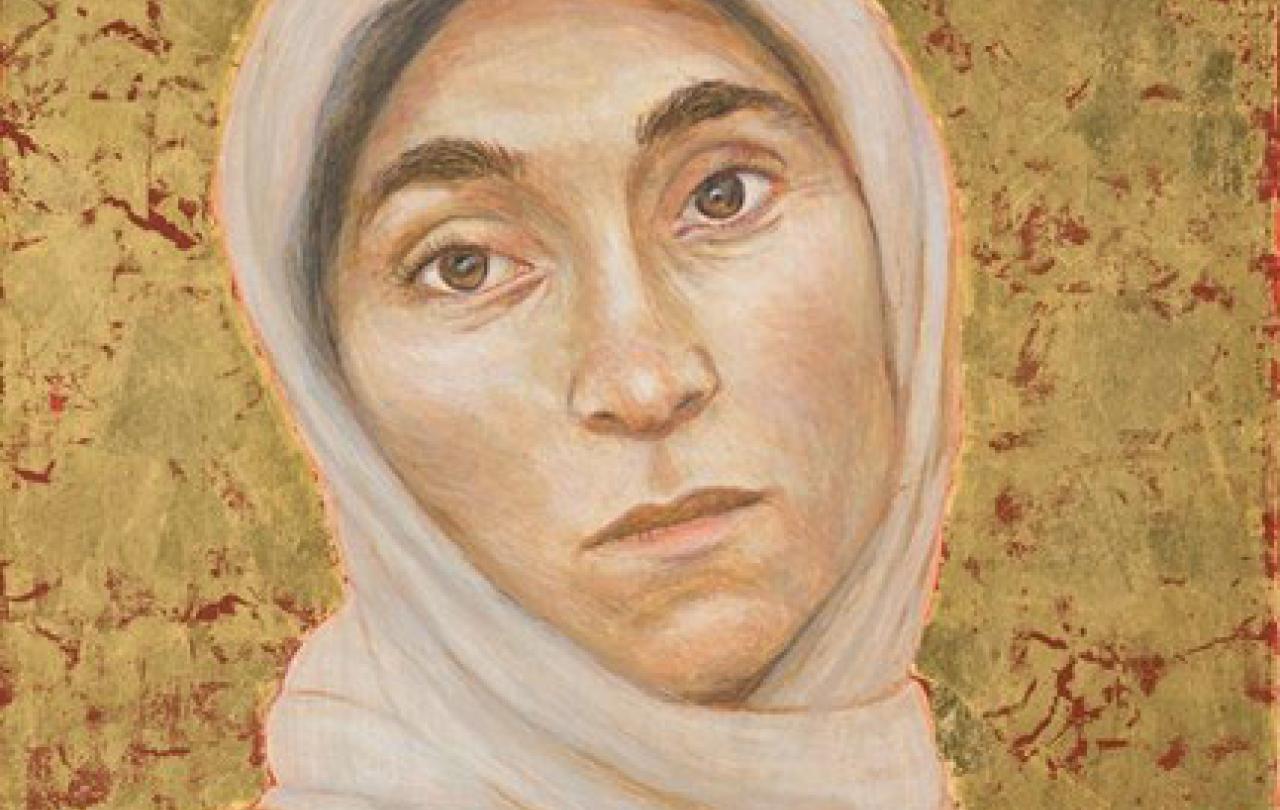We meet Joanne who, like many of us, is clumsily curious and searching. Initially, she is on a one-woman mission to prove that her work as a podcaster contributes to ‘something bigger’, then she wants to discover whether she is a ‘good’ person or not. These moments of self-exploration are only side quests in her constant longing for a love more lasting than her previous relationships. The character of Joanne is based on series creator, Erin Foster, who converted to Judaism after meeting her partner and, although the series’ highly criticised portrayal of Jewish women leaves much to be desired throughout the show, the season finale leaves us with a clear emphasis that Joanne is now searching for true belief amid conversion questions.
In the role of Rabbi Noah, as in Fleabag’s Priest, we glimpse behind the proscenium into the life of someone who has committed to serving God. In their struggles, hopes and complicated relationships, we discover a humanness beyond the lectern, titles and ceremonial clothing. In Noah, we see a man who does not always get it right – who often misses the mark – but who owns up, makes amends and learns from his mistakes. During one particularly moving scene, Noah unashamedly brings the sacred into the mundane by introducing Joanne to her first Shabbat meal over a restaurant date. We see a person of faith who doesn’t allow personal holiness to segregate them from the grit of everyday life and who, above all, prioritises relationship over regimented religion.
There is an obvious physical attraction to men such as Adam Brody and Andrew Scott playing men of the cloth, which I find equal parts weird and worrying for those unfamiliar with real-life clergy, as they’ve possibly had their expectations set a little high. But I wonder if it is their character’s humility, gentleness and authenticity that compels the audience, drawing us to trust them. Perhaps, their allure does not lie in authority, sacred position, or even in appearance, but in the fact that they, too, are real, vulnerable and multi-dimensional people. In these depictions, the life of faith and self-sacrificial vocation does not seem far-off or removed from our society. Not everyone who comes to faith is going to become a rabbi or a priest, but these men go a long way in dismantling the perception that religion and relationship with God is only for a certain, superhuman people. Far from the fire-and-brimstone stereotype, they are responsive, relatable and – crucially, for a romantic lead – emotionally available.


